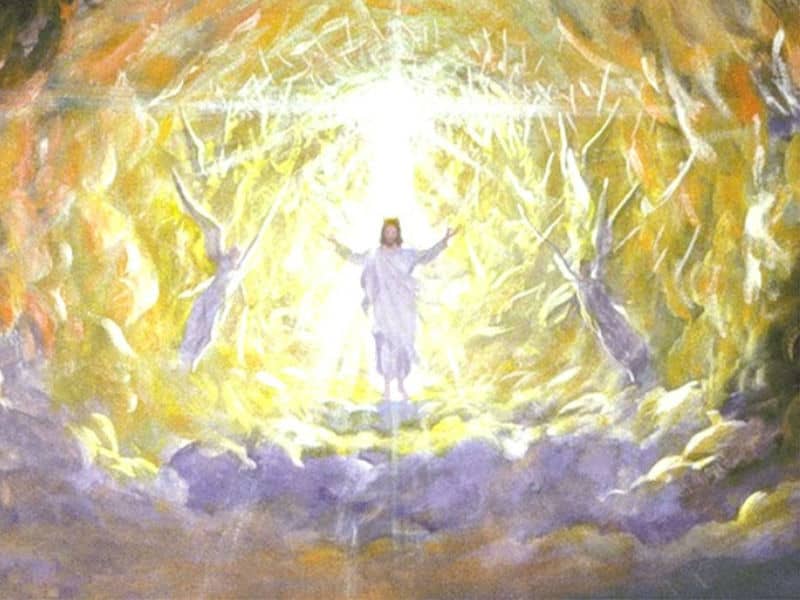Here are the two real stories. First, both parties' presidential candidates are talking about new "partnerships" with faith-based organizations to solve entrenched social problems like poverty and youth violence. Republican George W. Bush has been experimenting with government-church collaboration in Texas in both welfare reform and prison programs. Democrat Al Gore says that faith-based leaders will be at the policy table if he wins the White House; his support for the "charitable choice" provision of the 1996 welfare bill takes the church partnership issue away from the religious right.
Both support a greatly expanded role for faith-based organizations in public policy problem solving. The media could report on the progress of those organizations and explore critical church-state issues. Partnerships with faith communities have the potential to re-invigorate the civil society, move the political discussion beyond old left-right categories, and actually find some answers to dilemmas that Democrats and Republicans have left unresolved.
But there are also potential pitfalls in an expanded role for faith-based organizations if that role leads to diminishing government's legitimate roles, or turning religious communities into social-service delivery systems instead of prophetic interrogators.
The second big story is the remarkable growing unity among religious leaders of all political stripes about the biblical importance of addressing poverty in the world's richest nation, especially among children. Rising inequality in the face of record prosperity is becoming a religious issue that the media have yet to comprehend.
A few months ago, a remarkably broad spectrum of leaders from the nation's mainstream churches and faith-based organizations stood together on the steps of the U.S. Capitol and issued a "Covenant to Overcome Poverty" and a 10-year campaign to implement it. It took four years of quiet conversations to accomplish this unity. The scene at the Capitol was a wonder, as conservative evangelicals, Catholics, mainline Protestants, and black-church leaders stood together on this social issue. The last issue such a broad coalition of religious groups agreed on was abolition.
How candidates treat the poor could become a new moral litmus test of politics for churches across the spectrum.
Rich Cizik, vice president for governmental affairs of the National Association of Evangelicals, added: "I believe [that] by groups standing here, the cold war among religious groups over the poor is over." Cizik passionately pleaded that all evangelical Christians "join us" in the cause.
The new general secretary of the National Council of Churches, the Rev. Robert Edgar, concurred: "It's not too late for people of faith from all traditions--liberal, conservative, and moderate--to covenant together to make sure that within the next few years, no child in America has to live in poverty."
The Rev. Wallace Charles Smith, a Washington, D.C., pastor, spoke for the Progressive National Baptist Convention and described the God that the black church knows: "He is inside the furnace with the poor, the oppressed, and the afflicted."
And Sharon Daly of Catholic Charities spoke from the trenches in the fight over poverty when she said, "I hope this will just be the beginning today of roll after roll, wave after wave, of people from all religious groups coming here to make this commitment.
Calling this a "historic moment," political commentator Arianna Huffington said, "This is the true litmus test of public morality--where do you stand on the issue of poverty?"
Poor people are not yet on the agenda of this presidential campaign. But religious leaders are vowing to put them there. Hundreds of members of faith-based organizations and churches came to the Call to Renewal national summit, and this time the leaders of their churches and organizations--all 57 of them--were ready to lead.
Can you imagine "voter guides" issued by churches and religious groups on how candidates treat the poor? Now isn't that more interesting and important than Bob Jones?

